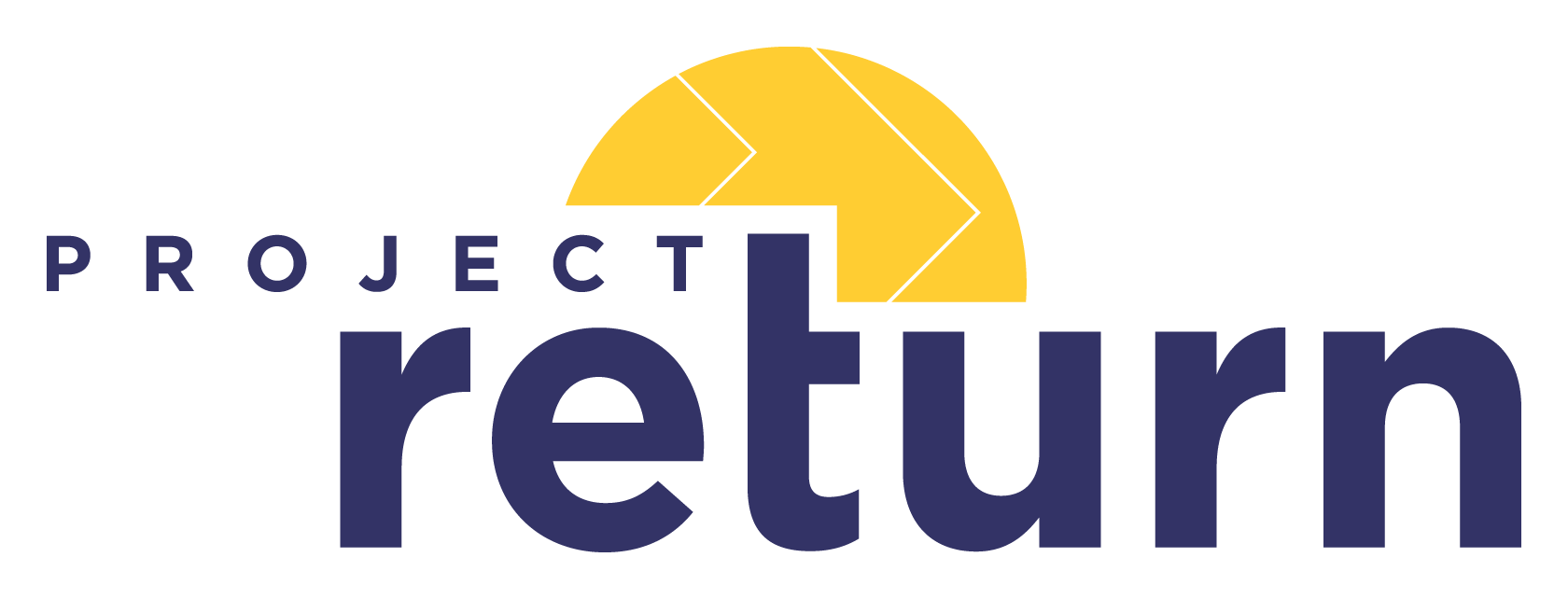This Pandemic Life
Lives are under threat. It is all around, all the time: this ubiquitous, predictable-in-its-unpredictability menace. The awareness infuses people’s waking hours and often haunts their dreams; it also infuses our systems, our buildings, our faith assemblies, our livelihoods. It hinders movement and progress, it impedes trust and relationship, and its invisibility evokes low-grade, constant worry. It is in the air we breathe, on everything we touch, and everywhere we go, and people are its agents. Walking down the street is dangerous, and even staying at home can be deadly.
We’re not talking about COVID-19. The pandemic is racism: racial hostility, racist structures, racially motivated violence and killing. It has struck down George Floyd, Breonna Taylor, and Ahmaud Arbery, and, closer to home in Nashville, Daniel Hambrick and Jocques Clemmons. And so, so many more.
We affirmatively declare here that black lives matter, that specifically the police brutality and white violence that has victimized primarily black men and women in this country but also other people of color is unacceptable, and that racism – in its structural, interpersonal, and institutionally sanctioned forms – is wrong. Project Return stands with the protesters, with those who are angered and in grief, and with all who are oppressed based on the color of their skin. We particularly heed and applaud the black voices, amplified at this difficult time, with greater wisdom and firsthand knowledge than those who are white can claim.
Racial injustice culminates all too often in death and other discernible destruction. It also manifests in devastating ways throughout US society and is potently rooted in systems: modern-day systems, as well as the lasting legacy of 400+ years of racist structures. The iterations of institutional racism can be readily traced from slavery, through convict leasing, black codes, Jim Crow, red-lining, and more. In the 20th and 21st centuries, systems of housing, employment, health care, and education are rife with inequity that is tolerated and perpetuated every day, every budget cycle, every choice not to counteract the legacy of racism.
The criminal legal system is one such system, its pipeline entrenched with racial disproportionality throughout. Blacks are more likely than whites to be pulled over and searched while driving, even though they’re less likely to be found to have anything illegal. Black people are arrested, charged, and convicted of drug crimes at far higher rates than whites, despite the fact that both races use and sell drugs at the same rate. Exoneration data shows that black people are far more likely to be wrongly convicted than whites. There is enormous racial disparity in plea deals, black people continue to be excluded from juries, and sentences are significantly longer for blacks than for whites. Mass incarceration is indeed a devastating part of this pandemic life.
Project Return is situated at the other end of prison, and at the beginning of new lives. Make no mistake: we understand our work as a way to combat mass incarceration, by embracing the people who are spit out from its system, and providing them with every opportunity to outpace the gravitational pull of prison and leave it behind. This is what we believe, this is our mission, this is why we do what we do. It is antiracist work. When we say we are about full and free lives after incarceration, we mean that we are about disrupting cycles of poverty and incarceration, and fighting racial injustice.
One of our cherished advisors at Project Return – a man who endured inequity, did prison time, and succeeded on the other side – once told us, “If your work isn’t hard, you’re not doing it right.” We commit to doing the hard work. We also recommit ourselves to Dr Martin Luther King Jr’s call to attend to “the fierce urgency of now”.

